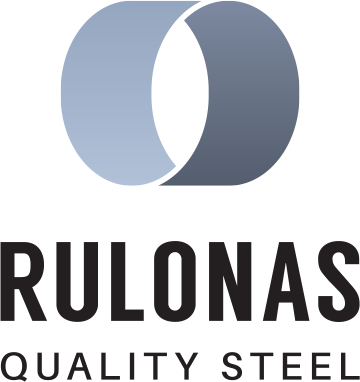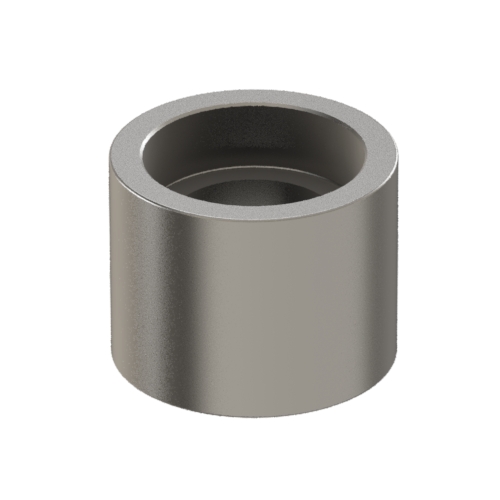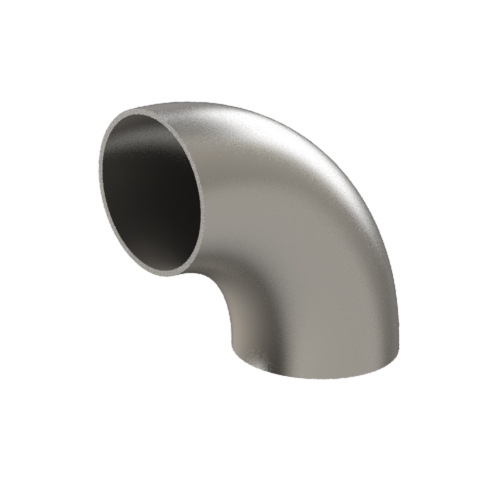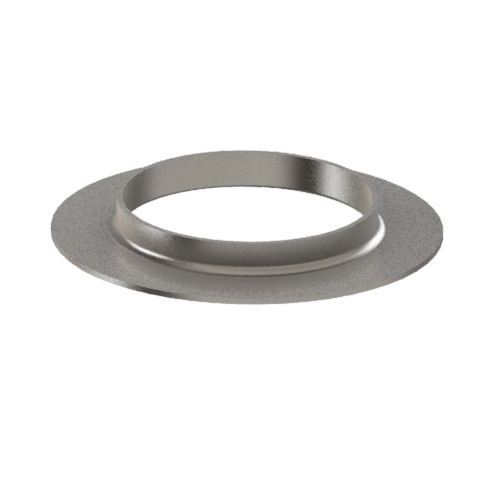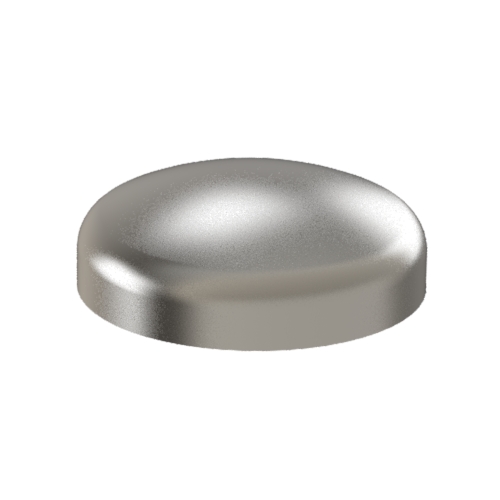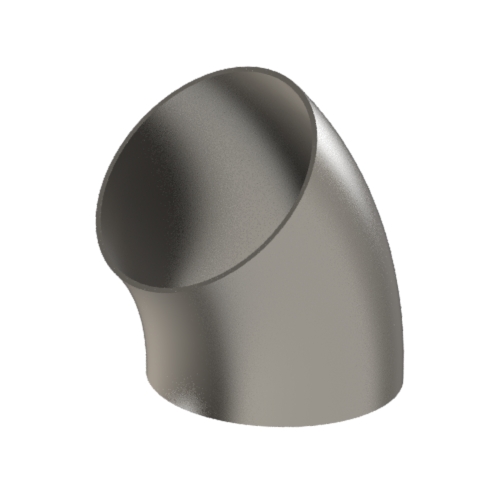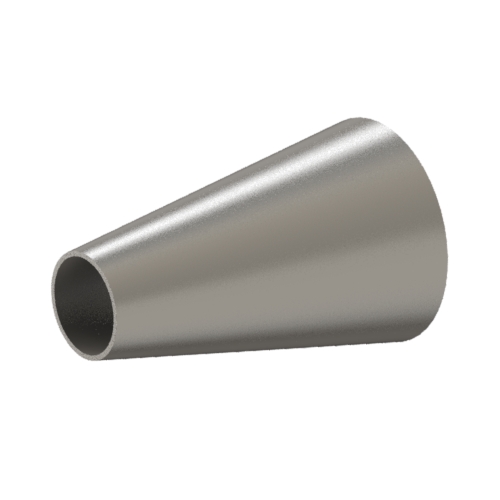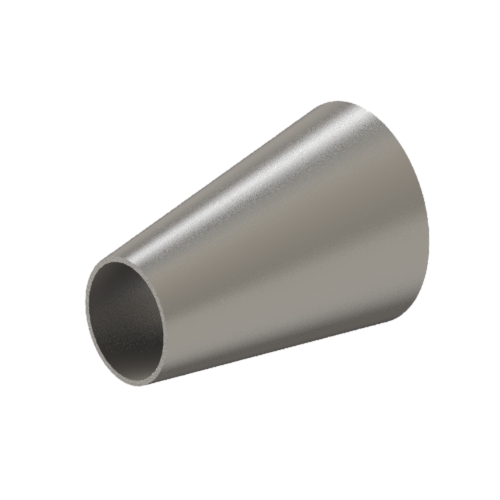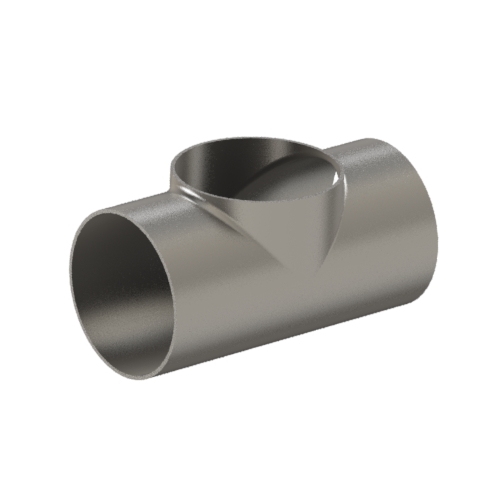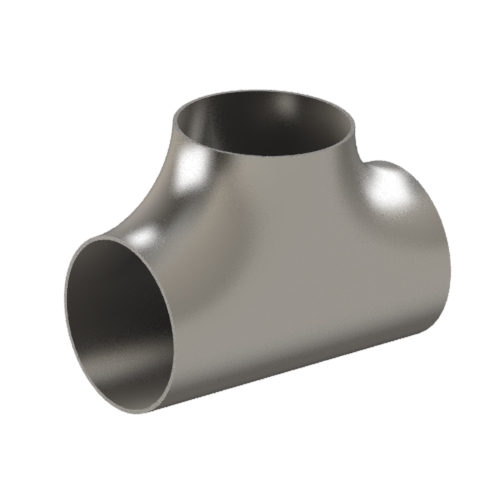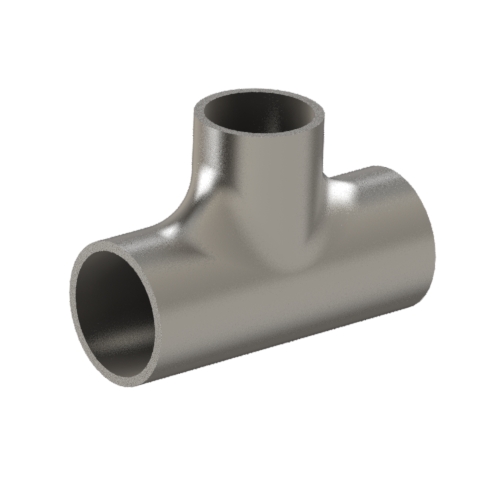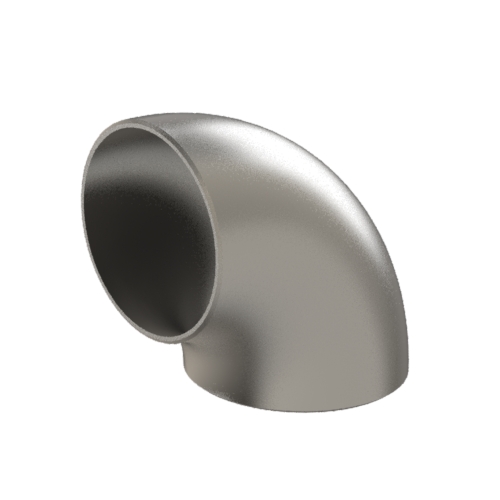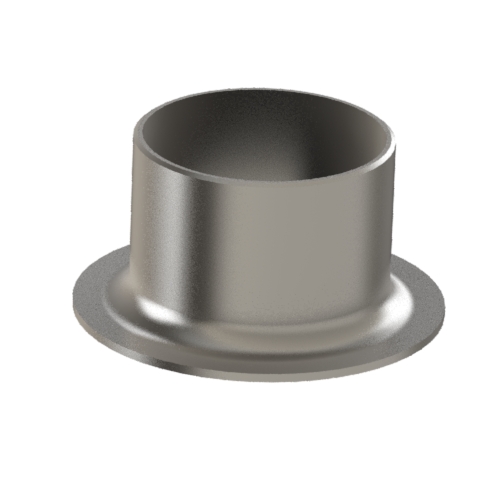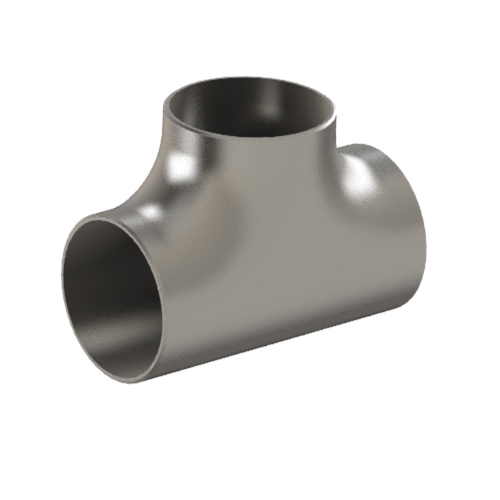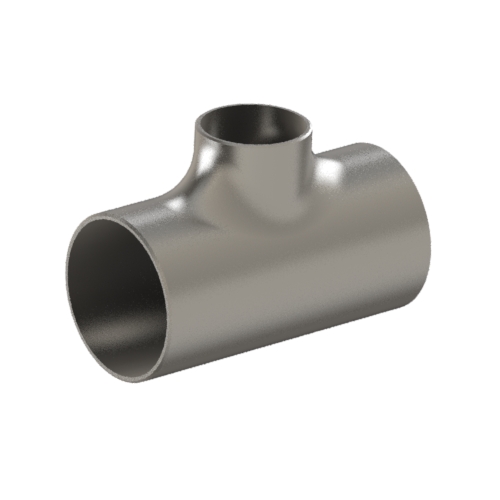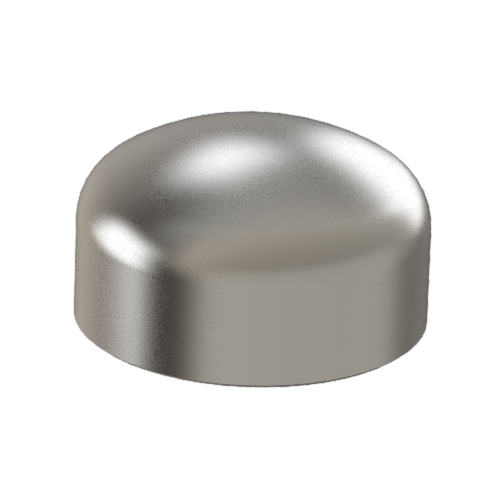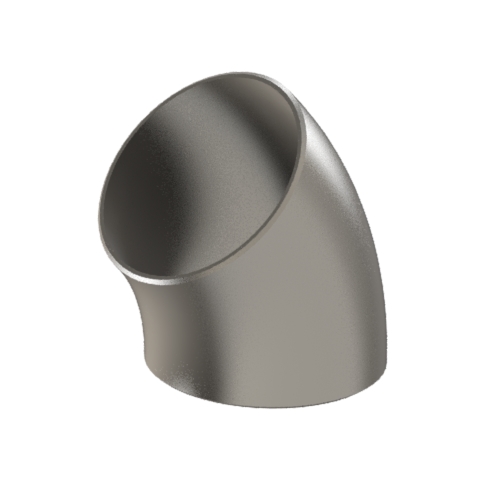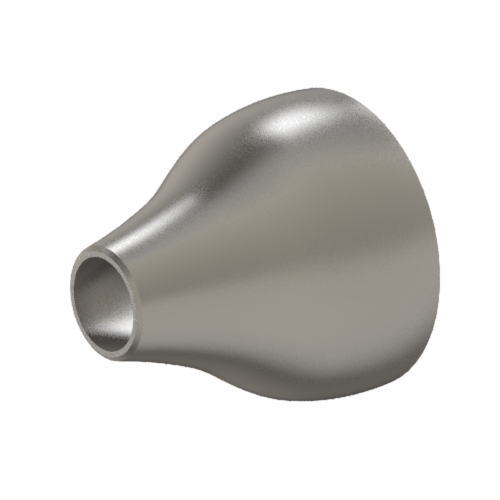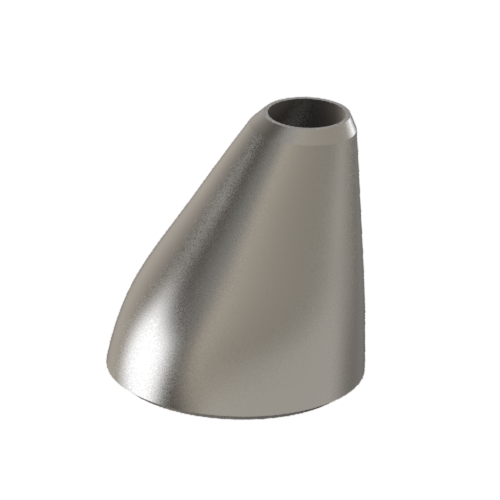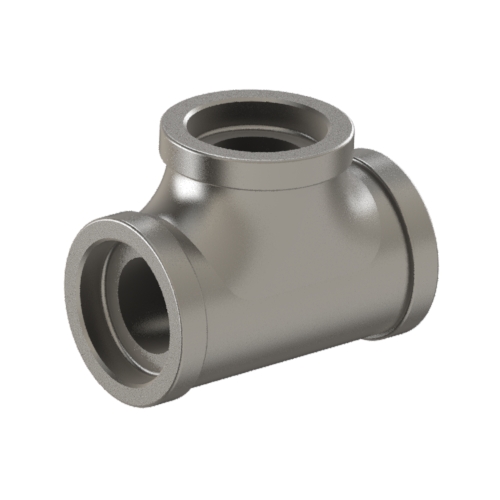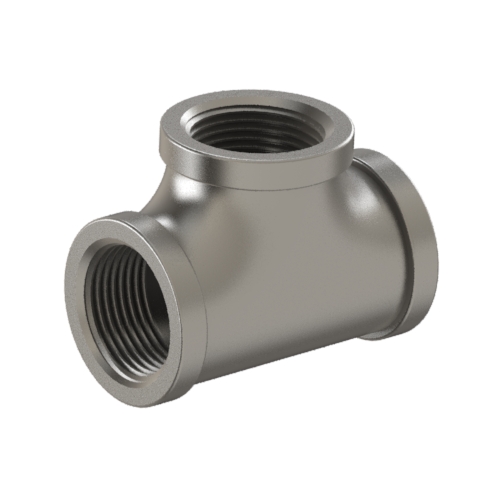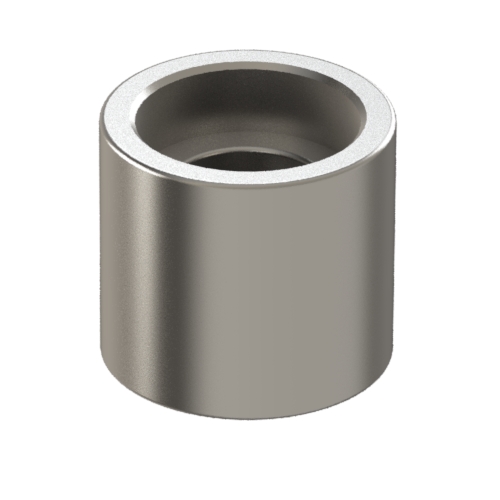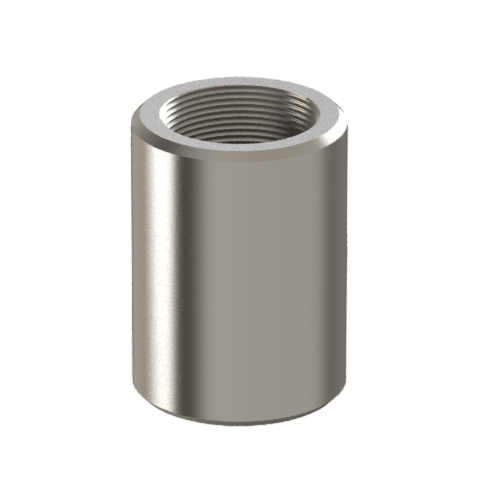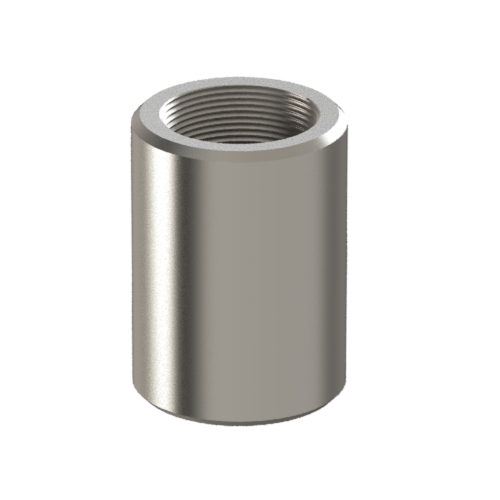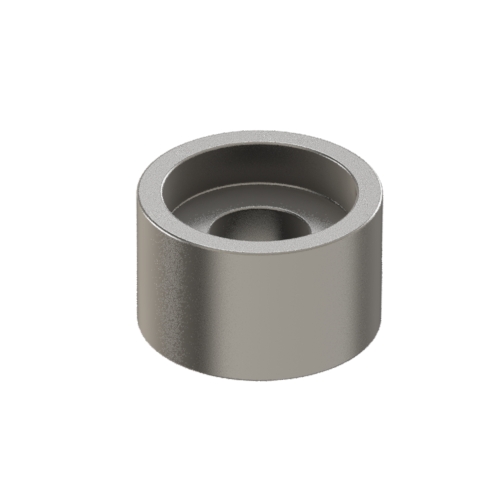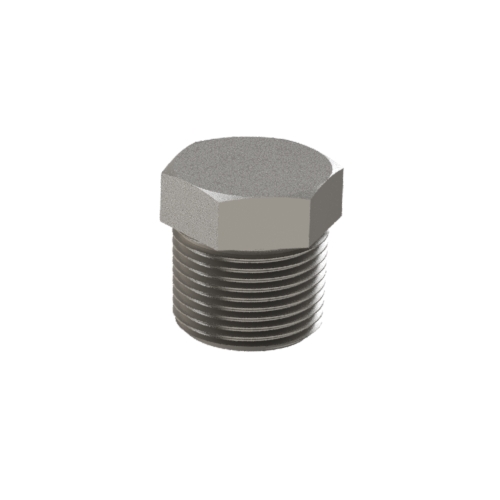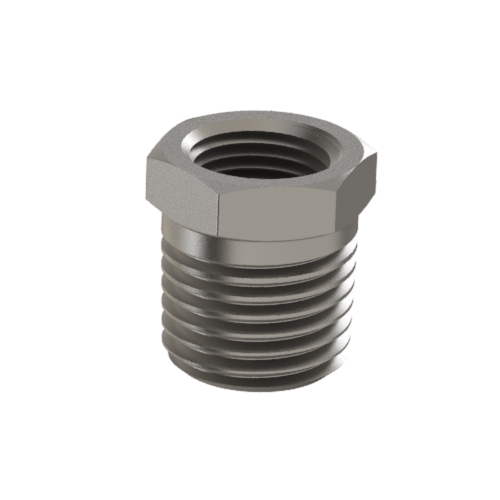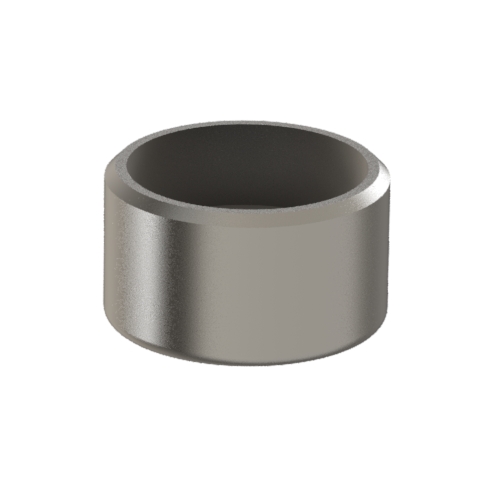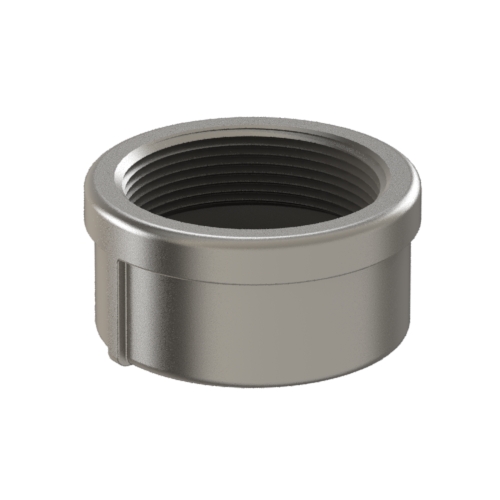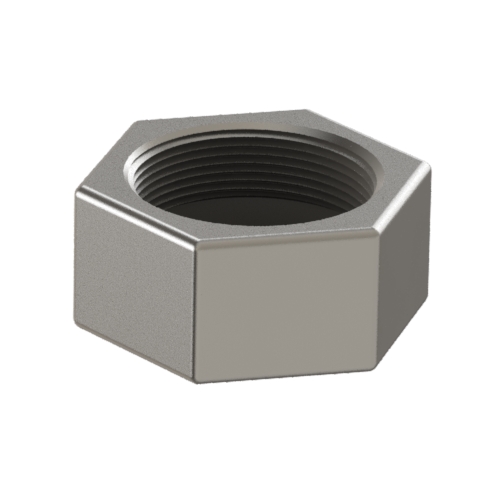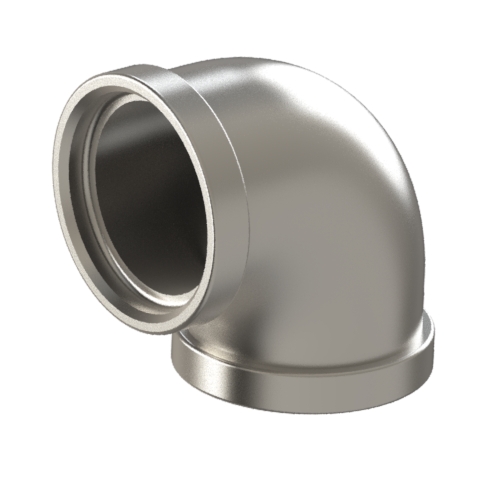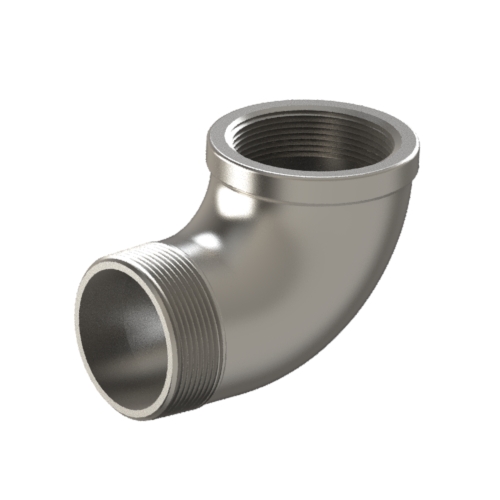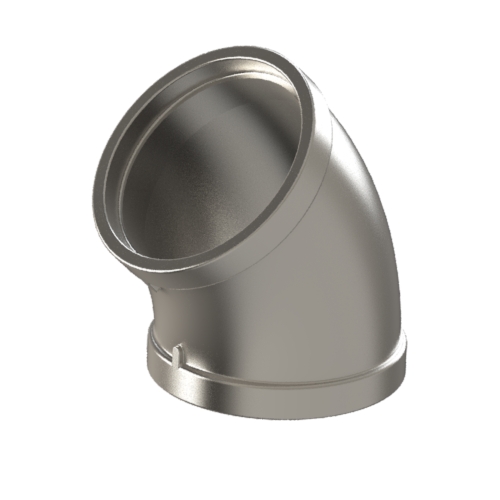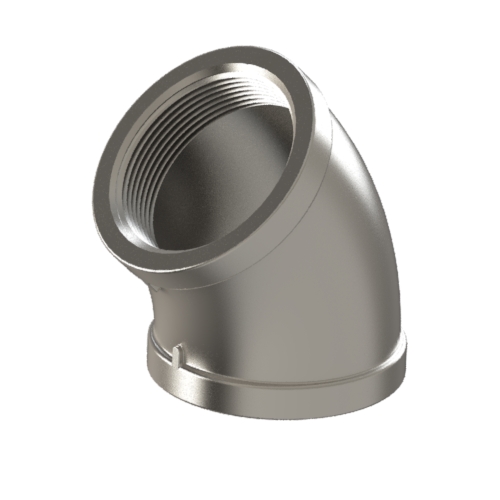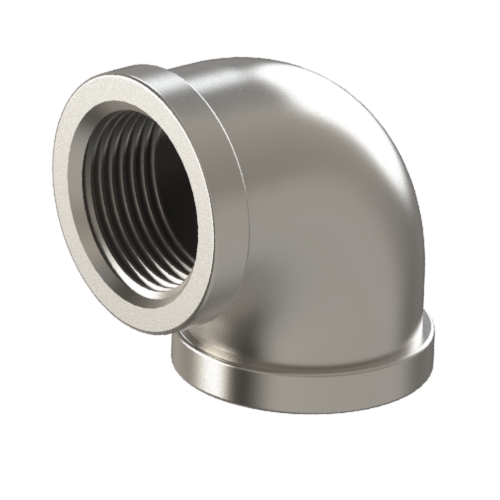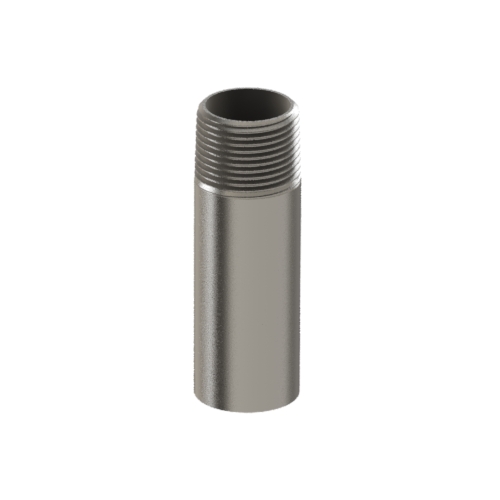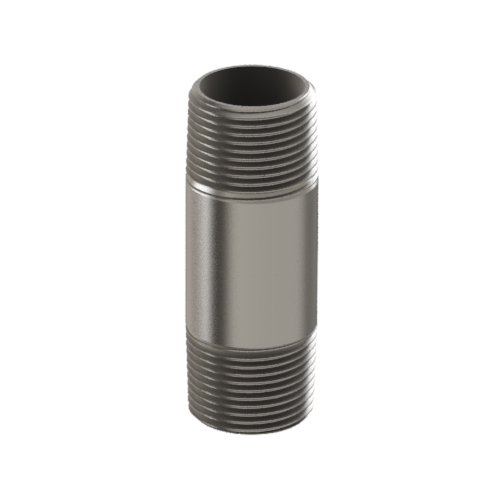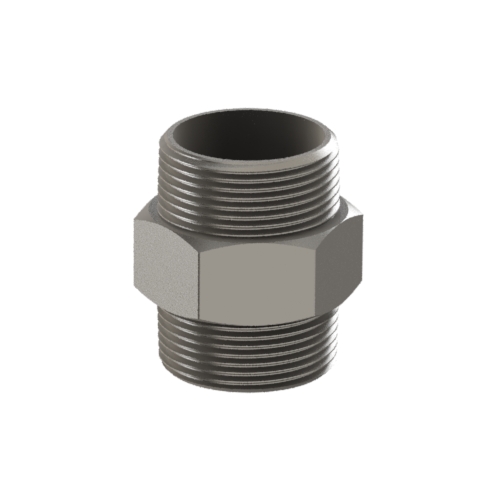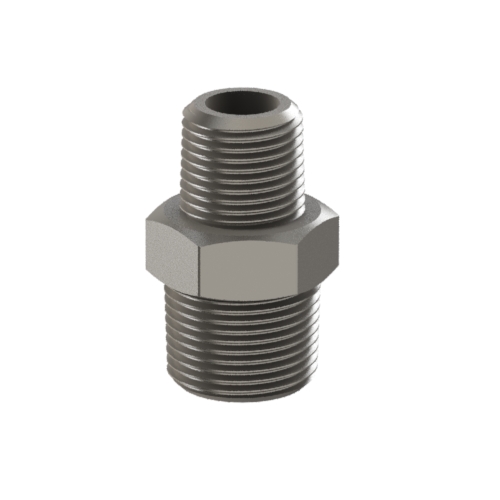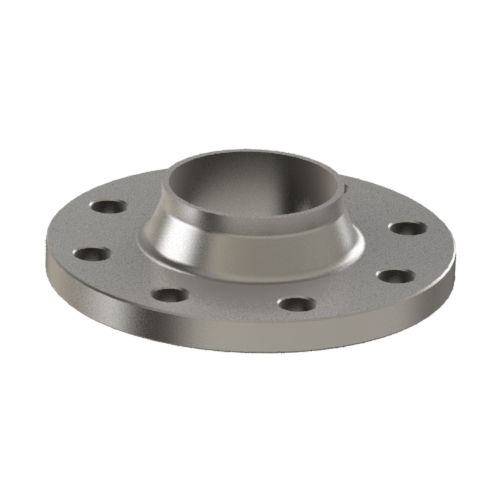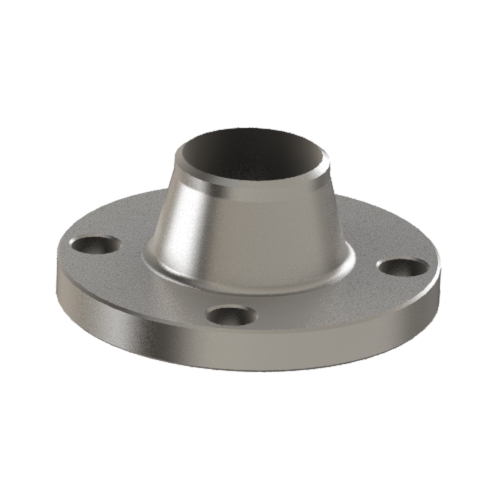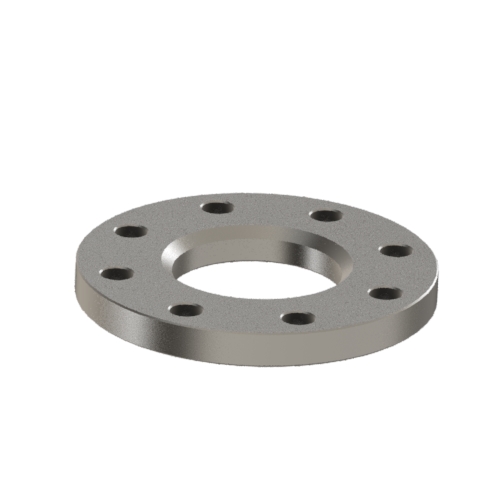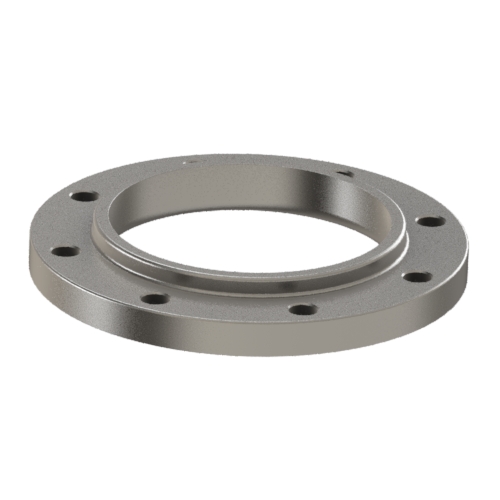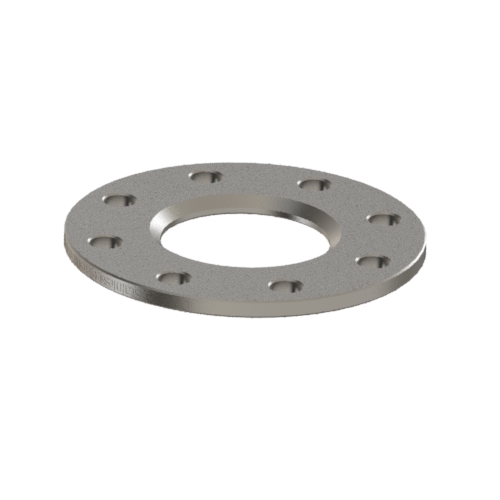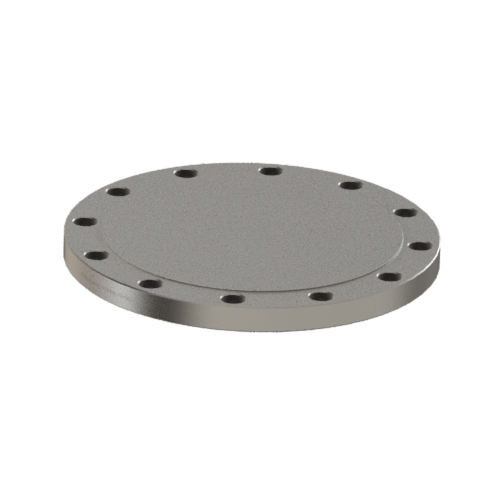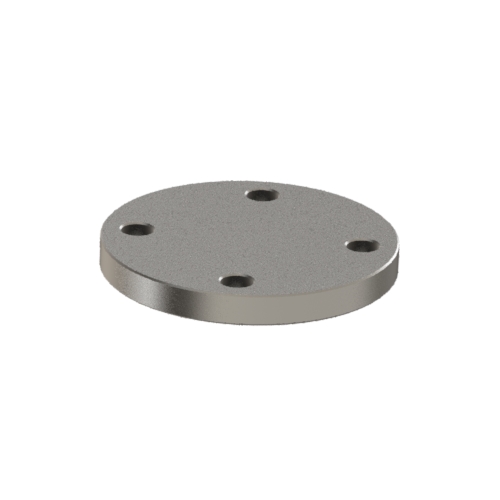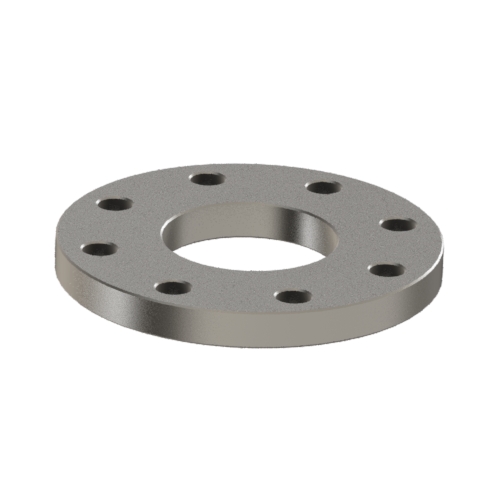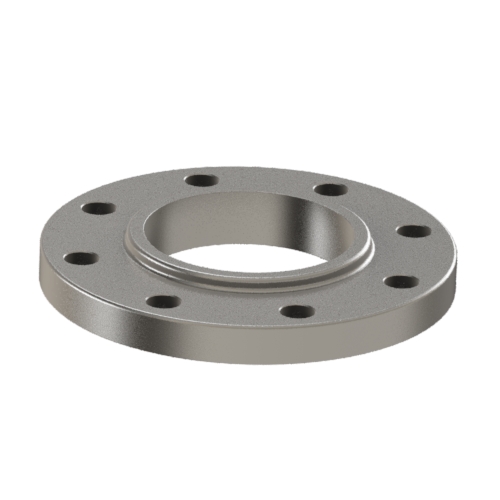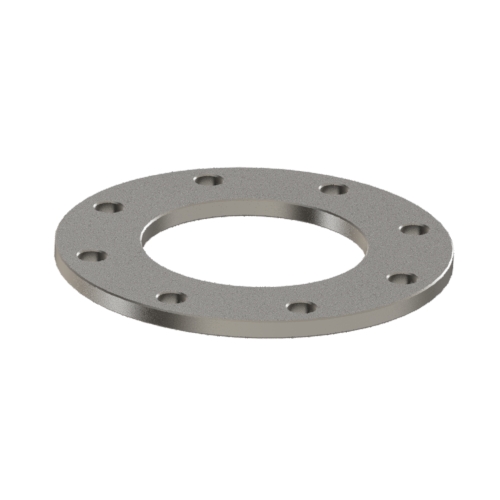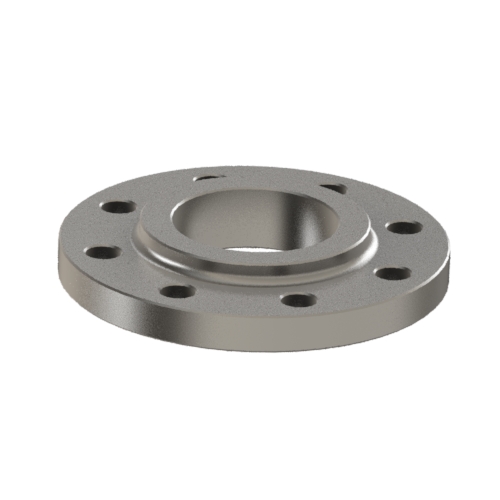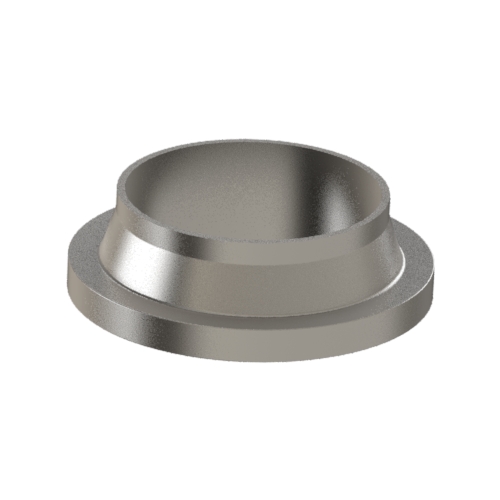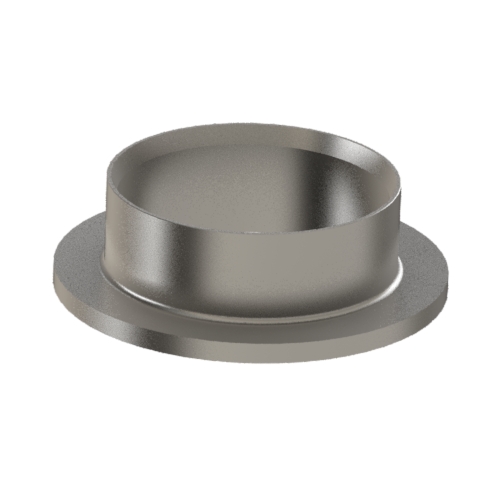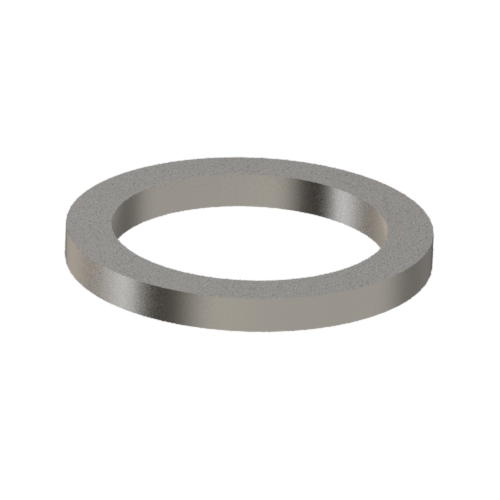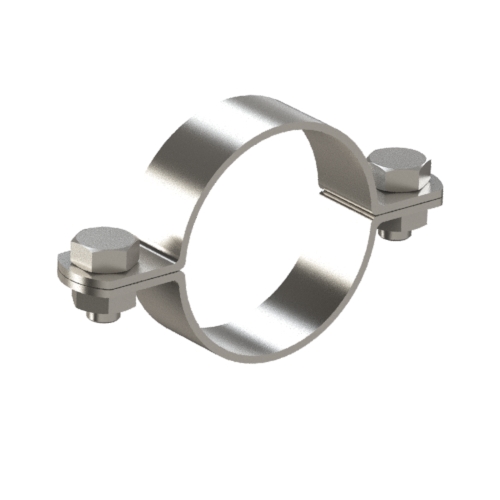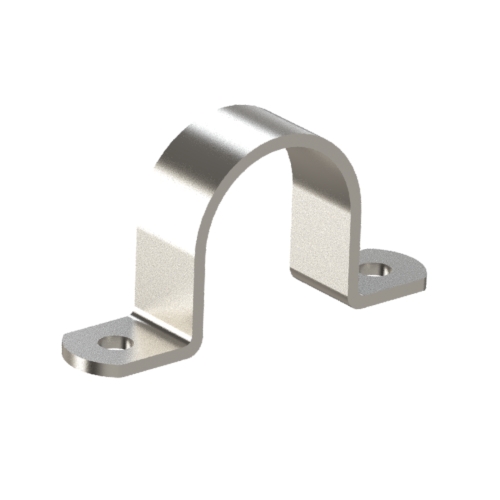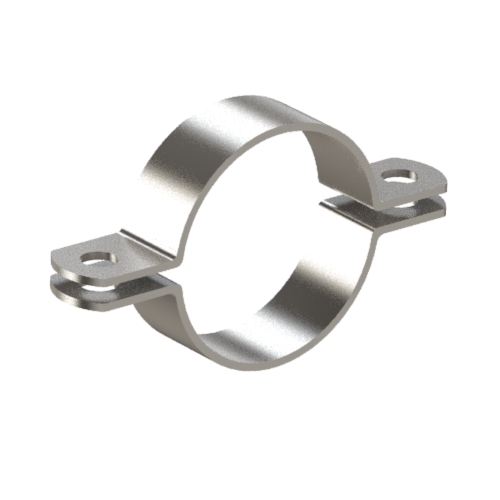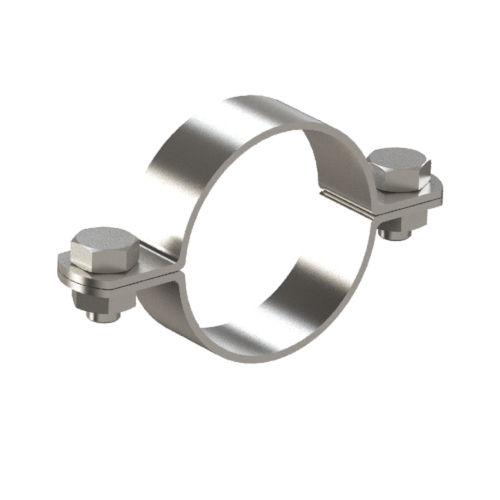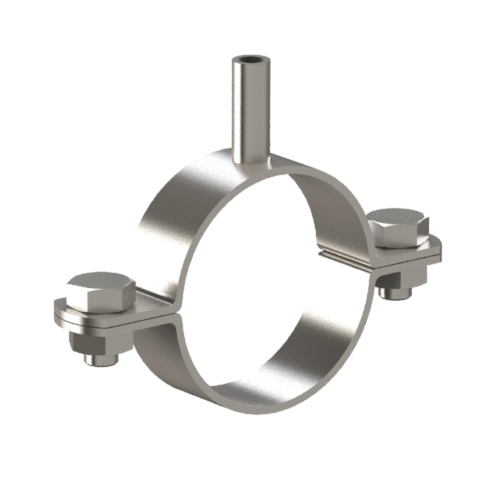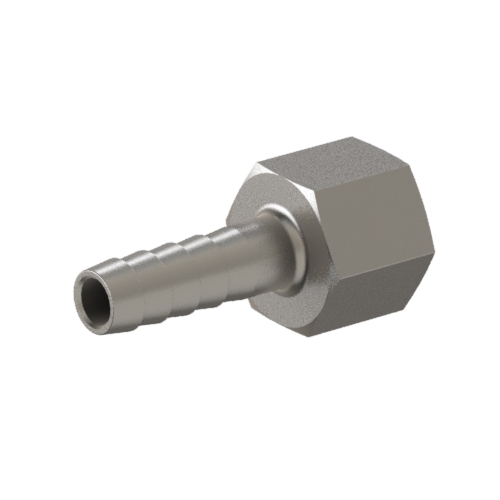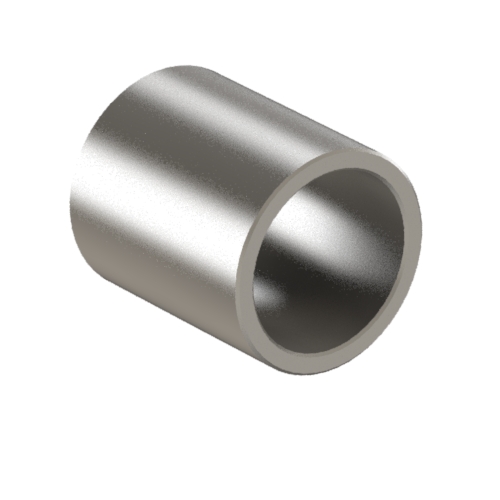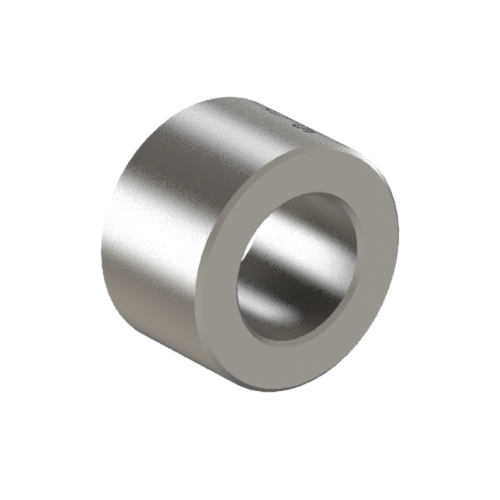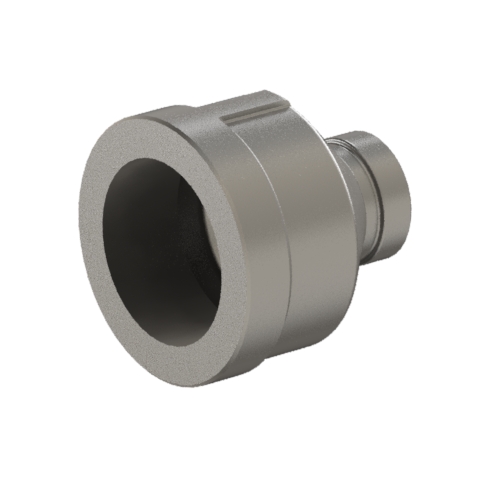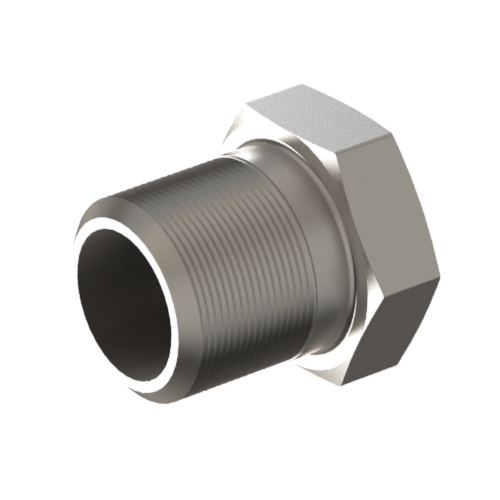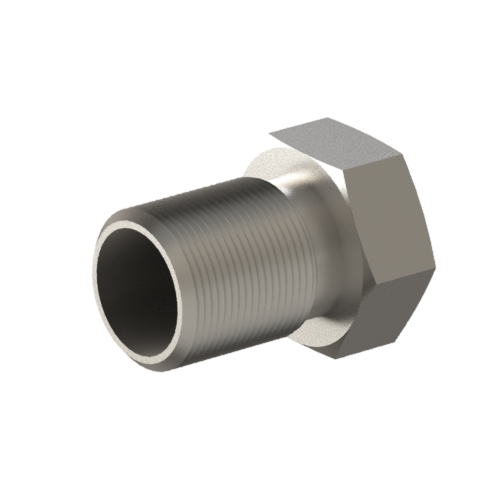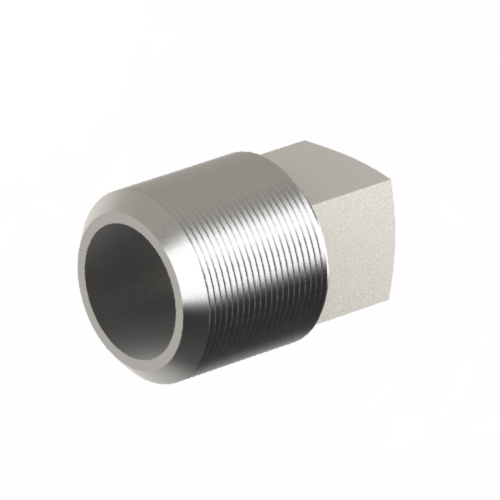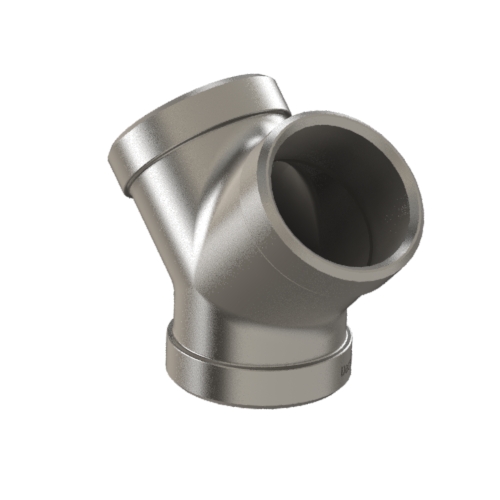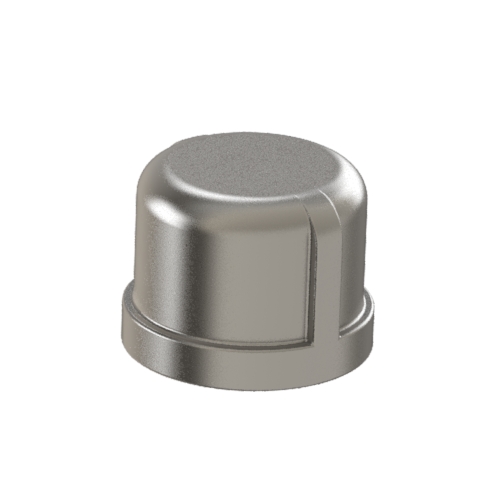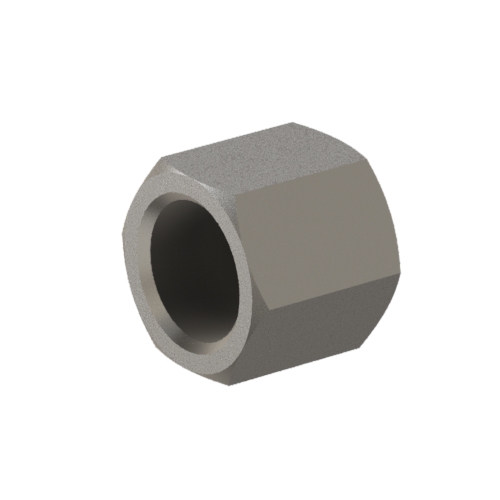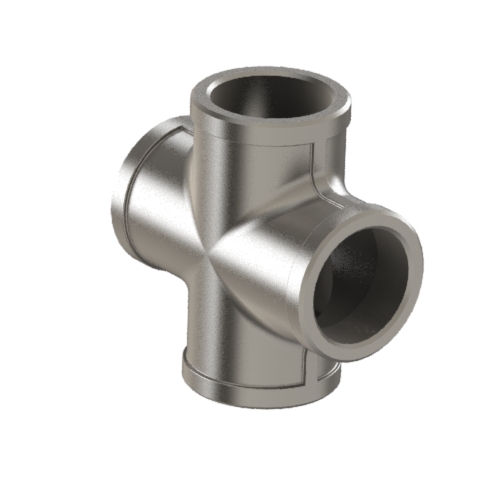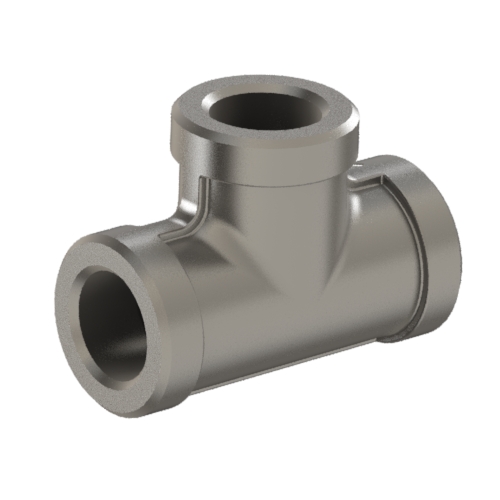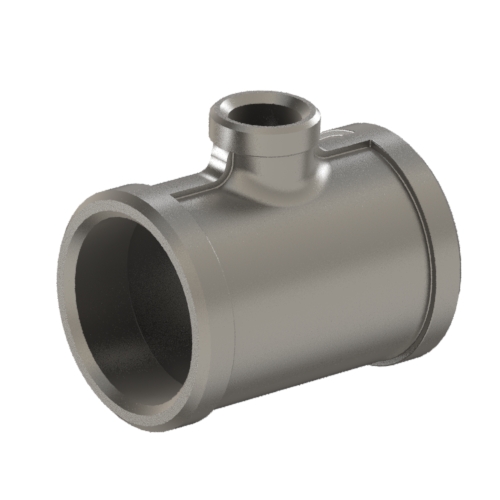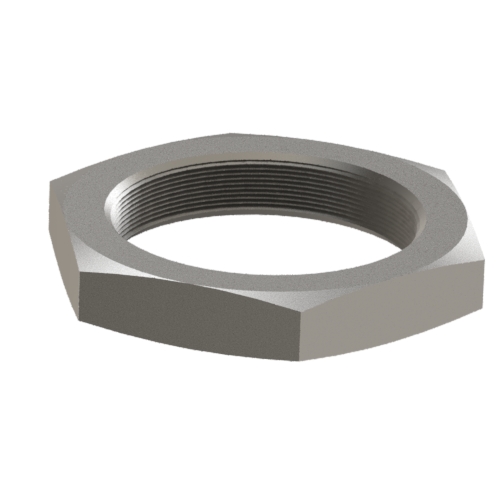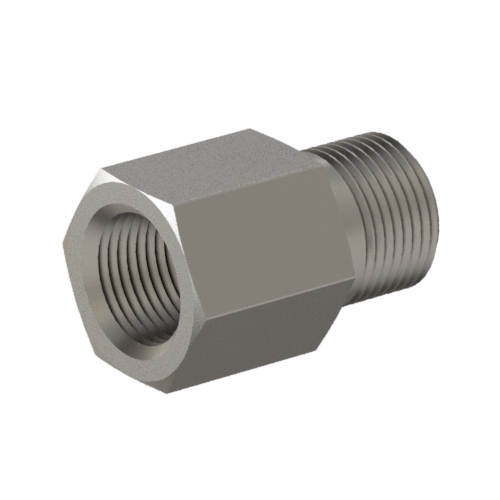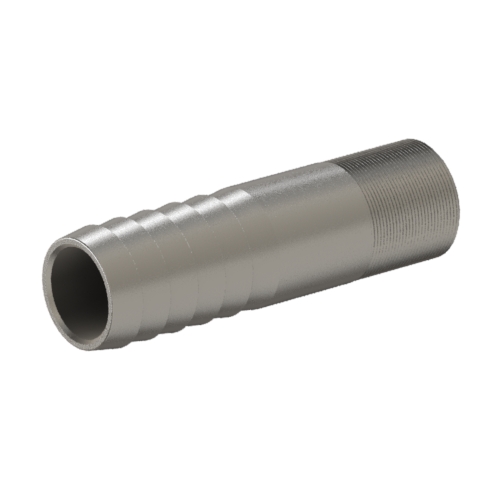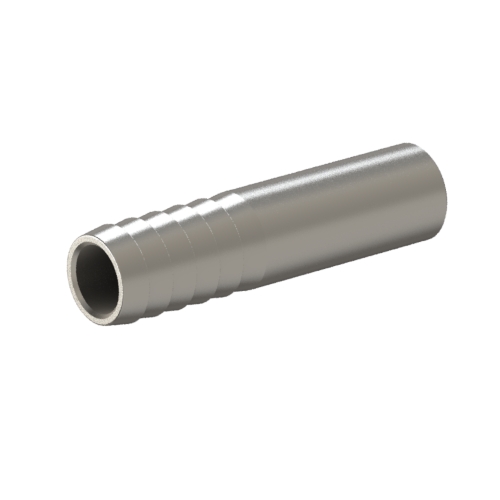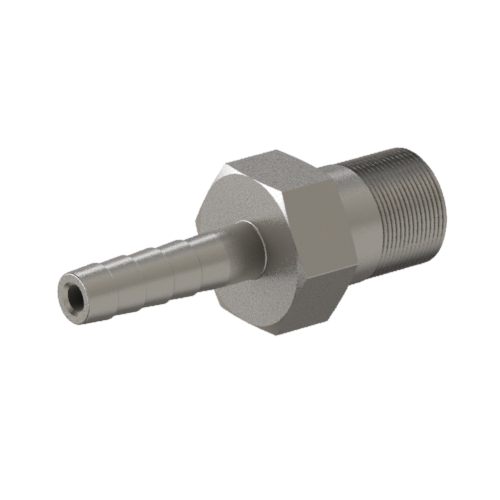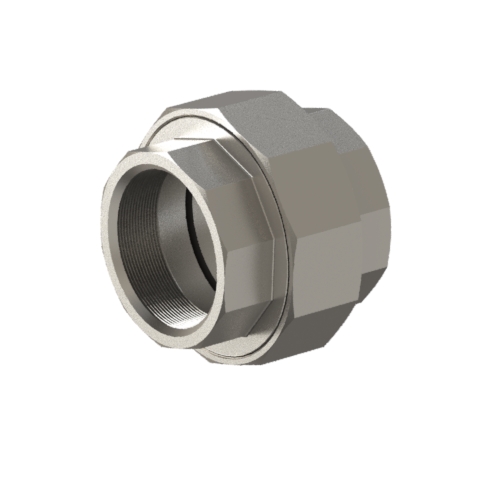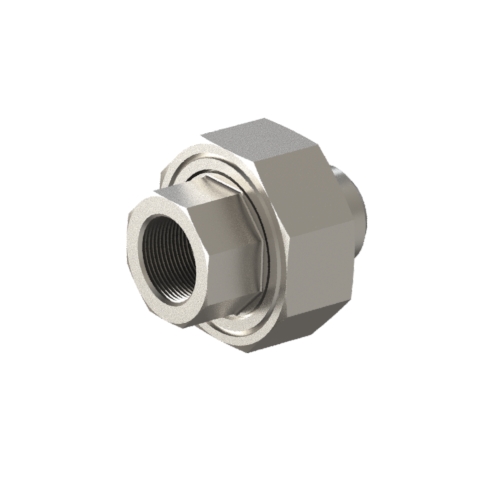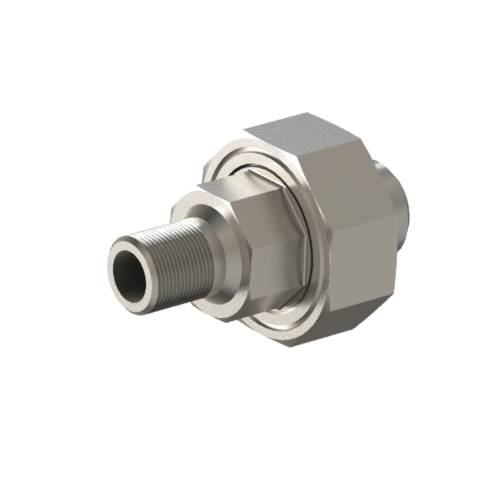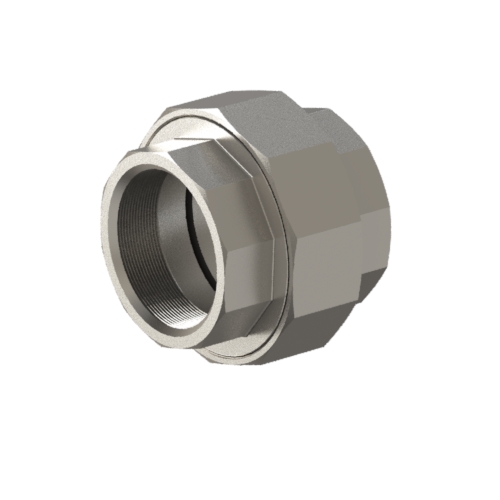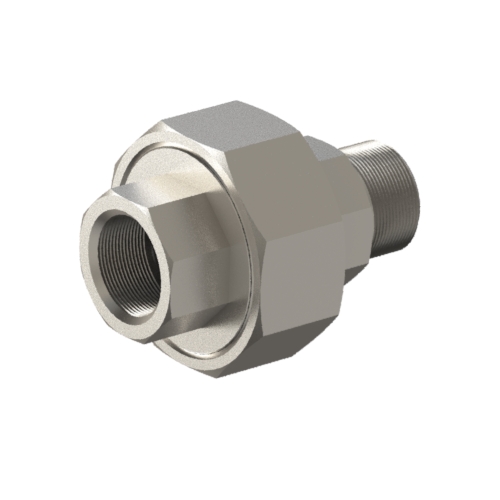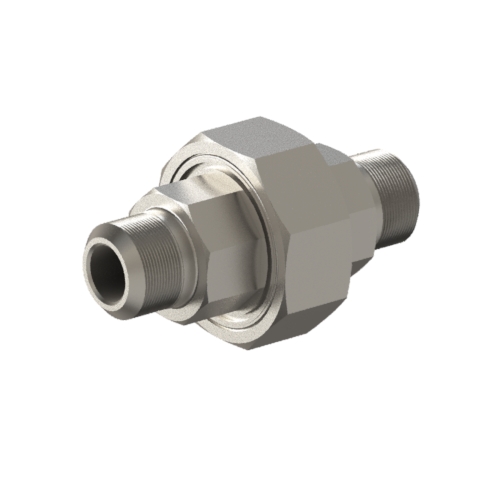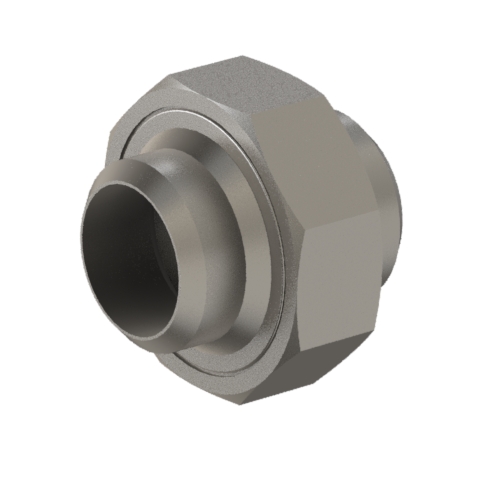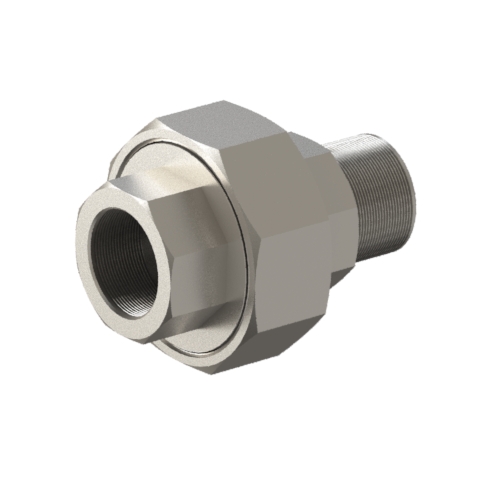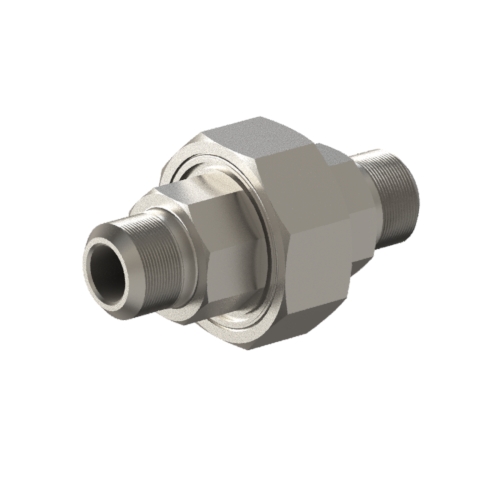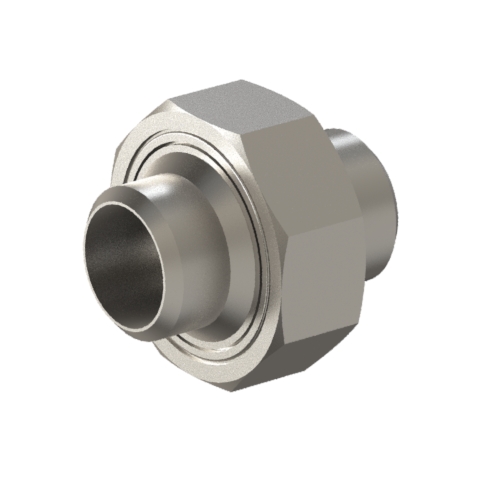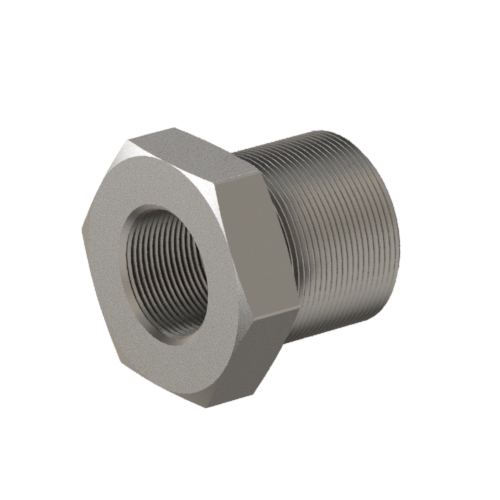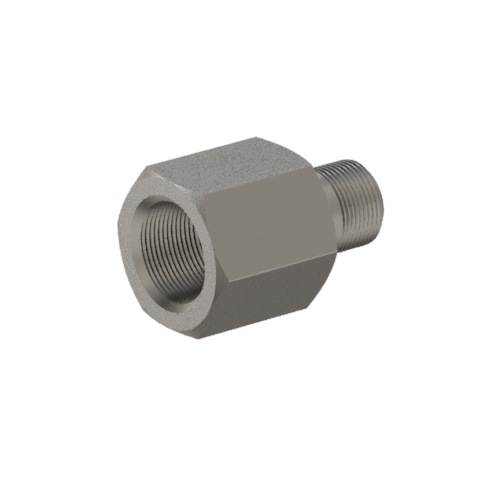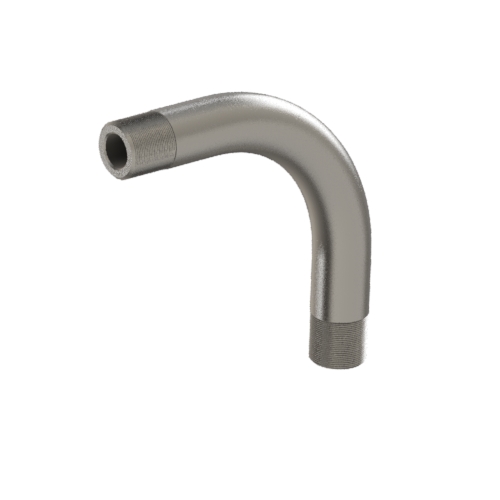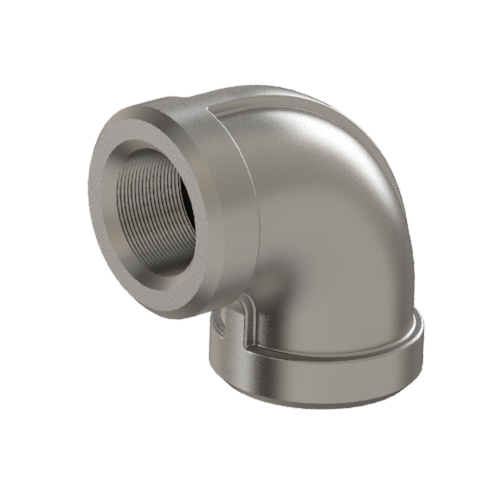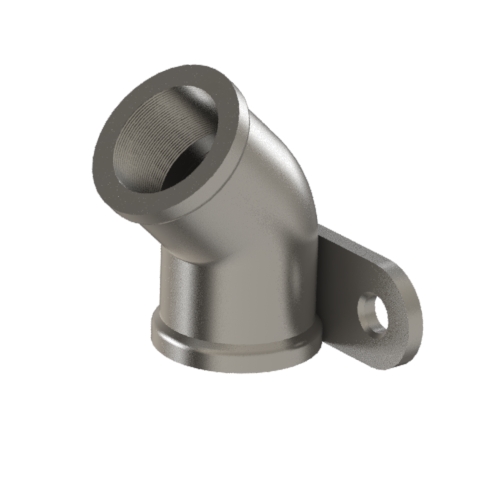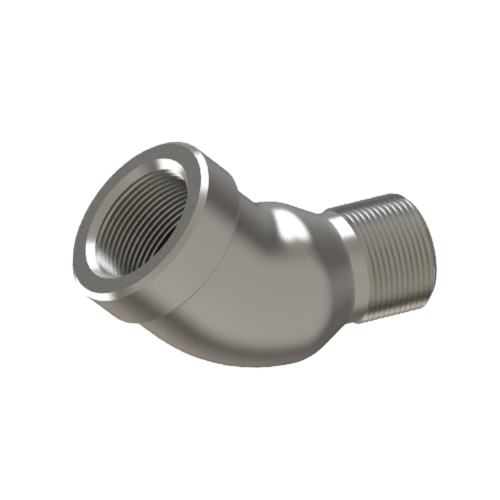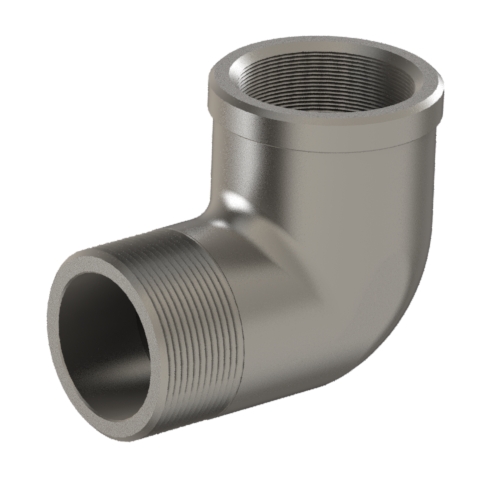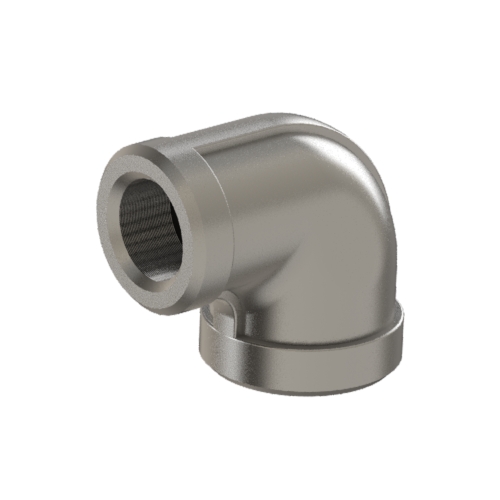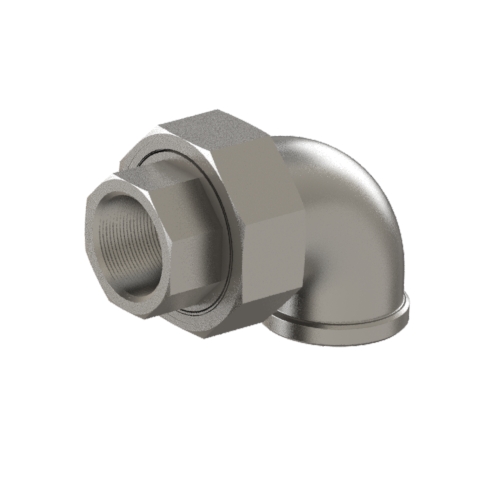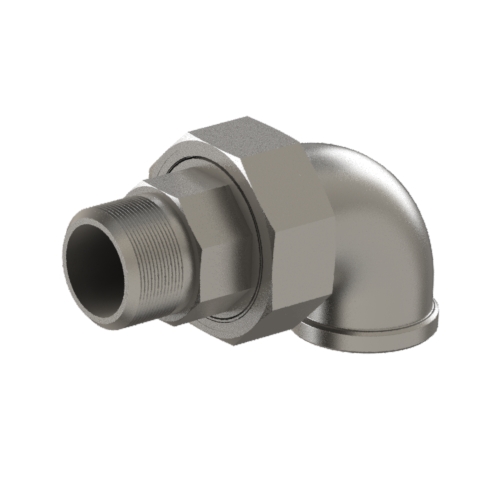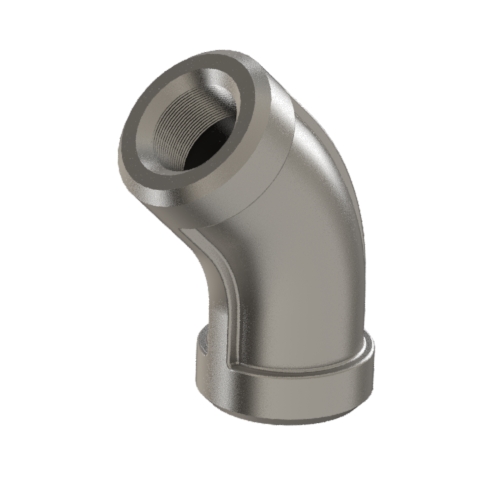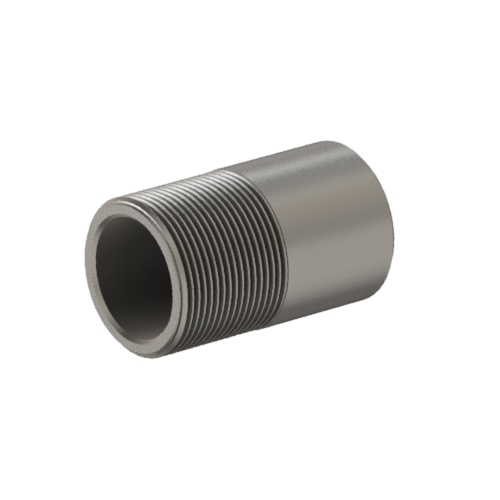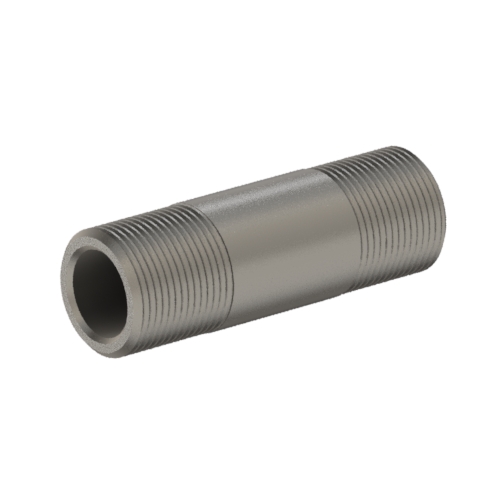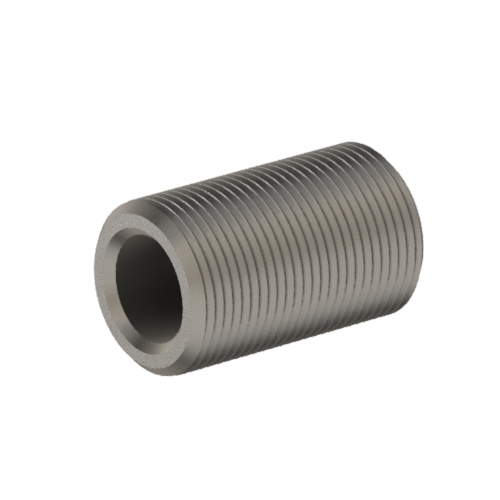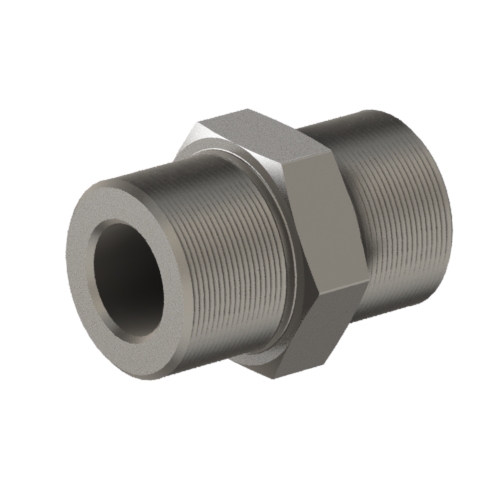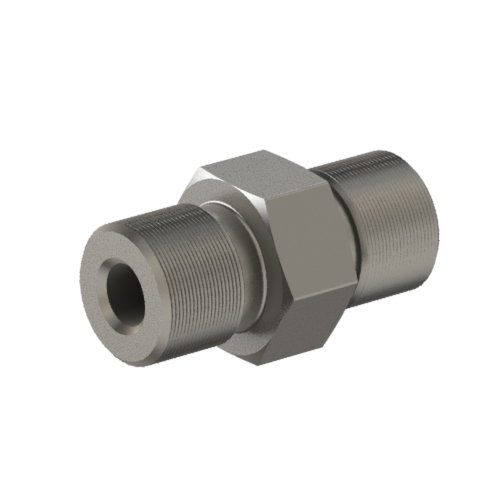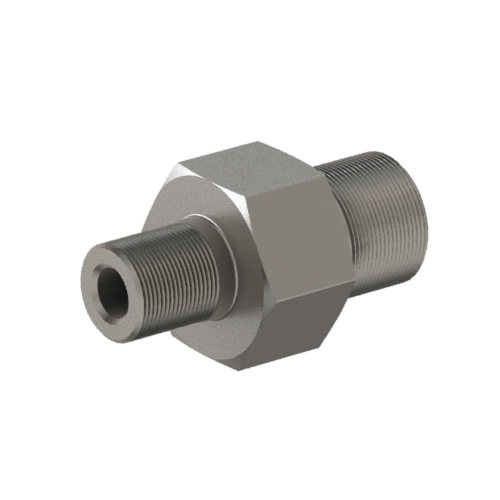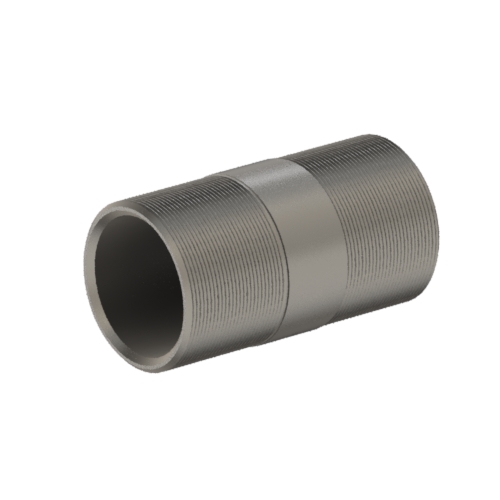Machinery
Machinery
In machinery production, stainless steel and aluminum are essential for crafting durable equipment across various production lines. Stainless steel’s corrosion resistance is ideal for fish processing, meat preparation, packaging, bottling, and pharmaceutical machinery. Aluminum’s lightweight versatility contributes to conveyors for box transportation, as well as equipment for baking, beverage packaging, and automotive assembly. These materials play pivotal roles in ensuring reliability and efficiency across a diverse range of industrial processes.
Food Industry
Food Industry
Stainless steel and aluminum, accompanied by fittings, are prevalent materials for equipment and surfaces. Stainless steel’s corrosion resistance makes it ideal for food processing machinery, kitchen surfaces, and storage units, ensuring hygiene and durability. Aluminum is often employed for lightweight and easily sanitized food containers and packaging equipment, with fittings playing a role in constructing reliable and clean connections in food processing environments.
Marine and Shipbuilding
Marine and Shipbuilding
Our stainless steel and aluminum, along with their fittings, are crucial for crafting resilient structures. Stainless steel excels in corrosion resistance for vital components, while aluminum’s lightweight yet sturdy nature enhances fuel efficiency, with fittings ensuring enduring connections in the demanding maritime environment.
Furniture Manufacturing
Furniture Manufacturing
In the furniture manufacturing industry, stainless steel and aluminum play key roles in crafting stylish and durable pieces. Stainless steel adds a modern touch to furniture frames, legs, and accents, providing both strength and corrosion resistance. Aluminum, prized for its lightweight properties, is commonly used in the construction of modern and versatile furniture designs.
Gas and Oil Industry
Gas and Oil Industry
Stainless steel and aluminum, along with specialized fittings, are crucial for their resilience and corrosion resistance. Stainless steel is extensively used in pipelines, storage tanks, and drilling equipment, ensuring durability in corrosive environments. Aluminum, known for its lightweight properties, finds application in structures like offshore platforms and transportation vessels. Fittings play a vital role in connecting and securing components, ensuring a reliable and leak-resistant infrastructure throughout the gas and oil extraction and processing operations.
Automotive Industry
Automotive Industry
In the automotive industry, stainless steel and aluminum are widely used for their unique properties. Stainless steel is commonly employed in exhaust systems, engine components, and structural elements due to its corrosion resistance and strength. Aluminum is favored for lightweight applications such as body panels, wheels, and engine parts, contributing to improved fuel efficiency and overall performance in vehicles.
Construction
Construction
Rulonas’ stainless steel and aluminum are used for building frameworks and facades, bridges. While our stainless steel elbows, tees, and reducers extend across heating and water pipelines.
Aluminum’s lightweight nature makes it perfect for portable and visually striking advertising materials.
Energy and Enviromental Technologies
Energy and enviromental technologies
In the realm of Energy and Environmental Technology, stainless steel and aluminum stand as vital materials for the construction of sustainable and efficient equipment. Stainless steel, with its corrosion resistance, is employed in renewable energy infrastructure, such as wind turbine components and solar panel supports. Aluminum, known for its lightweight properties, finds applications in energy-efficient systems and environmental technologies, contributing to reduced carbon footprints. From the construction of waste-to-energy facilities to the development of eco-friendly HVAC systems, these materials play essential roles in advancing technologies that promote a cleaner and more sustainable future.

